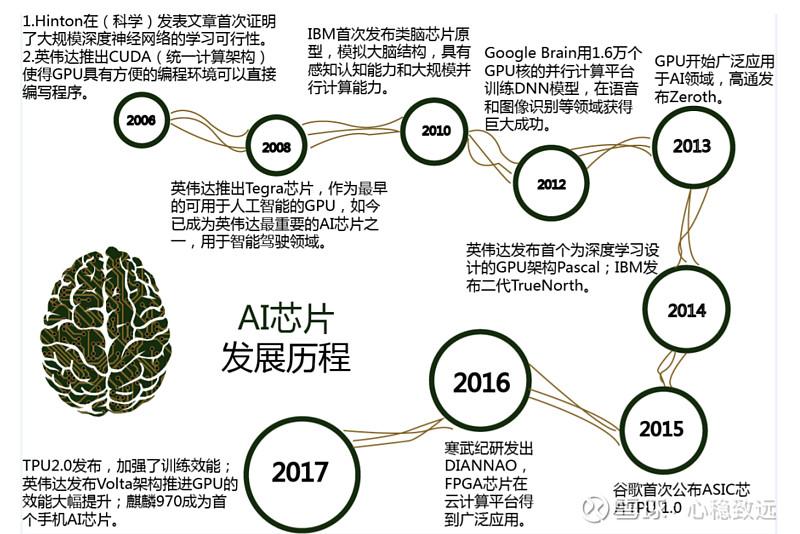AI Chips Are the Cornerstone of Artificial Intelligence Development
-
In today's rapidly evolving technological landscape, artificial intelligence has become an indispensable part of our lives. From smartphones to autonomous vehicles, from smart homes to medical diagnostics, AI applications have penetrated every corner of our daily lives. However, realizing these complex applications relies on a critical piece of hardware—AI chips. Indeed, AI chips are the cornerstone of artificial intelligence development.
AI chips are primarily categorized into four types: CPU, GPU, FPGA, and ASIC. CPUs serve as the foundation for AI computing, while GPUs, FPGAs, and ASICs act as accelerators to assist CPUs in handling large-scale computations.

AI chips are specifically designed to handle artificial intelligence tasks. Unlike conventional computer chips, AI chips must process vast amounts of parallel computations to achieve efficient data processing and rapid decision-making. The design and manufacturing of these chips require profound knowledge of electronic engineering and advanced fabrication technologies.
The development of AI chips has provided robust hardware support for AI applications. First, AI chips significantly enhance data processing efficiency. AI tasks involve processing enormous volumes of data and performing complex calculations, which traditional computer chips struggle to handle. AI chips, however, can effortlessly meet these demands, enabling faster and more accurate data processing, thereby improving the performance of AI applications.
Second, AI chips reduce energy consumption. As AI applications become more widespread, energy efficiency has emerged as a critical concern. Traditional computer chips consume substantial power when processing large datasets. In contrast, AI chips, through optimized designs, maintain high performance while drastically lowering energy consumption. This is crucial for promoting the sustainable development of artificial intelligence.
Finally, AI chips can increase the accessibility of AI. Due to their high cost, AI chips are currently limited to high-end devices. However, as technology advances, the cost of AI chips is gradually decreasing. In the future, more devices will be equipped with AI chips, allowing a broader population to benefit from the conveniences brought by artificial intelligence.
Overall, AI chips are the foundation of artificial intelligence development. They not only improve the efficiency of data processing and reduce energy consumption but also drive the popularization of AI. With continuous technological advancements, we have every reason to believe that AI chips will play an even greater role in the future development of artificial intelligence.
